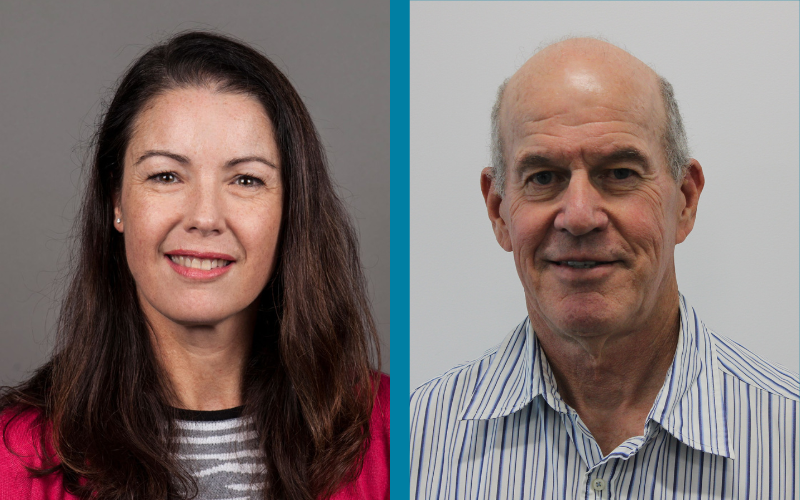
Research focussed on identifying which children will develop asthma, and developing more specific asthma treatments, has been supported by the National Health and Medical Research Council’s (NHMRC) Ideas Grants announced by the Federal Government on 14 December 2022.
Ideas Grants aim to support innovative and creative research projects addressing a specific question.
This study will address the main gaps in asthma research that have delayed progress in preventing and treating asthma over the past 30 years - including a lack of understanding of why only some children develop asthma, and the lack of early susceptibility factors (biomarkers) to detect these children.
The project will determine if the future development of asthma in a child is influenced by changes to how their genes work as a result of behavioural and environmental factors, known as epigenetic changes.
As epigenetic changes are reversible, this project has the potential to open the way for the development of entirely new therapies to counter epigenetic changes and achieve the large-scale prevention of the development of asthma.
The project, which has received $1,139,644 funding, will be undertaken by a team of expert children’s respiratory researchers from the Children’s Respiratory Science team at the Wal-yan Respiratory Research Centre, including the team’s co-leads, Professor Peter Le Souef and Associate Professor Ingrid Laing, who are also from The University of Western Australia, and Associate Professor Brad Zhang from Curtin University.
Project lead Professor Le Souef said that currently we cannot prevent asthma or develop tailored treatments for children with asthma – this research aims to make significant progress towards changing this fact.
“Wheezing in children is very common. At present, we’re unable to predict which young children who wheeze will continue to wheeze and later be diagnosed with asthma. We therefore can’t prevent asthma or provide specific treatments for children with asthma,” Professor Le Souef said.
Through this project, we will analyse cells lining the inside of the nose and blood cells from children who wheeze. Changes in these cells will help predict who will go on to develop asthma.
“This knowledge will also enable better, more specific asthma treatments to be developed.”
Around one million Australian children live with serious respiratory diseases, with asthma being one of the leading causes of disease burden among children.
The Wal-yan Respiratory Research Centre - a powerhouse partnership between The Kids Research Institute Australia, Perth Children’s Hospital Foundation and Perth Children’s Hospital - aims to make a significant impact on this health challenge, by improving the lives of millions of children with respiratory illness, not just in Australia, but around the world.
This grant will be administered through The University of Western Australia.
